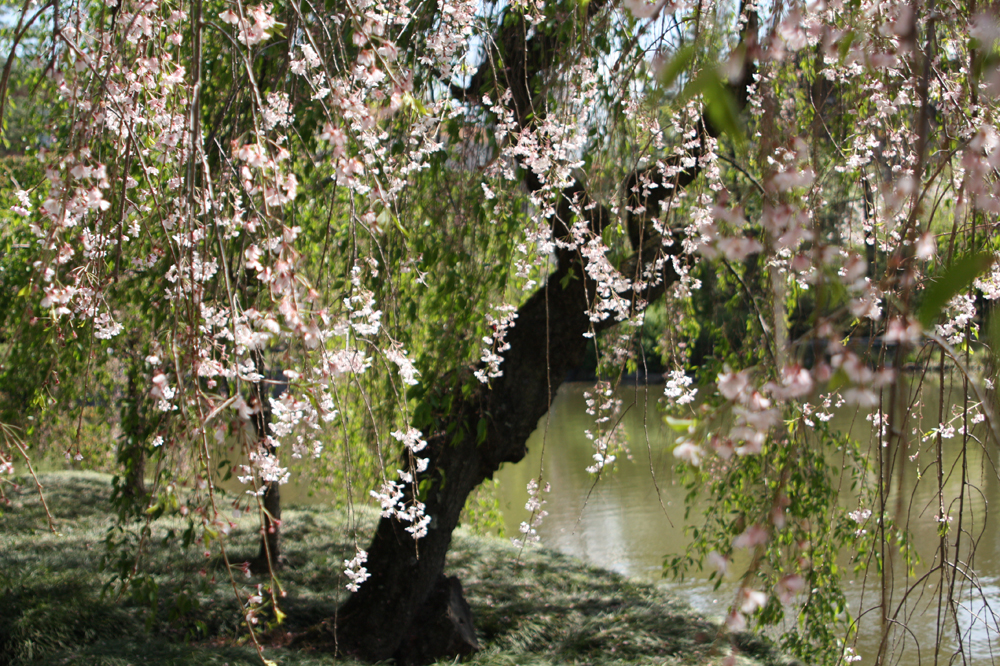Seasonal allergies are a bane for many people, both in cities and the countryside. Their symptoms include red, itchy eyes, hives, hoarseness, runny nose, recurrent sinusitis and headaches. About 10-30% of the population develop hay fever, also known as allergic rhinitis. Almost 80% of asthmatics also experience rhinitis. Allergy sufferers are at a three times higher risk to develop asthma.
Seasonal allergies are triggered by airborne allergens more abundant in the spring and fall, such as tree and grass pollen or mold spores. Our immune system overreacts to the exposure and inflammation in the airways results, manifesting in swollen, irritated tissues and increased mucus production.
Your options for relief of seasonal allergies
So, what are your options when it comes to preventing or treating seasonal allergies? Pharmaceutical treatments emphasize antihistamines, bronchodilators and corticosteroids. Their use may be necessary in severe cases, but an ounce of prevention is often worth a pound of cure. Two options exist to reduce your exposure to airborne allergens: Stay indoors during times of high pollen flight while using an air purifier; and regularly remove allergens caught in your nasal passages by irrigation. Learn how to use a neti pot. A 2012 review of several research studies by Hermelingmeier et al. found that people suffering from allergic rhinitis and using nasal irrigation with saline solution for several weeks felt significantly better and used less medication. Just make sure you use purified water and keep your neti pot clean.
The American Academy of Otolaryngology, in its 2015 clinical practice guidelines, recommended offering acupuncture for patients with allergic rhinitis who are interested in nonpharmacological therapy. Also in 2015, several researchers (Feng et al.) published a systematic review of randomized controlled trials (RCT) including almost 2500 participants. They found that acupuncture resulted in significant reduction in nasal symptoms, use of medication, and serum IgE (an immune system mediator); patients reported improved quality of life and minimal side-effects.
Acupuncture supports immune balance
Acupuncture is one of the core practices of Chinese medicine which postulates that Qi (pronounced “Chee”) moves through the channels of the body and can be regulated by acupuncture; yin and yang must be in balance; and all things are connected through the cycle of the five phases of transformation (wu xing), also known as the Five Elements. So, acupuncture will not just relieve your symptoms of seasonal allergies but also address underlying imbalances that make you more prone to develop these reactions. Acupuncture is most effective if you begin your treatments several weeks before allergy season.
In addition, Chinese medicine offers a range of options to alleviate symptoms and support your immune system. Some of these herbal prescriptions have been in use for hundreds of years and are quite safe if properly used. A doctor of Chinese medicine will be able to select appropriate herbal formulas for you.
Lastly, many people find that changes in their diet can make a big difference. Our immune system is often very sensitive to certain components of our food. One of the biggest offenders is cow’s milk, and it may be worth your while to avoid dairy products for several weeks before and during allergy season to find out if you feel less congested.
© 2024 Christiane Siebert








Leave A Comment